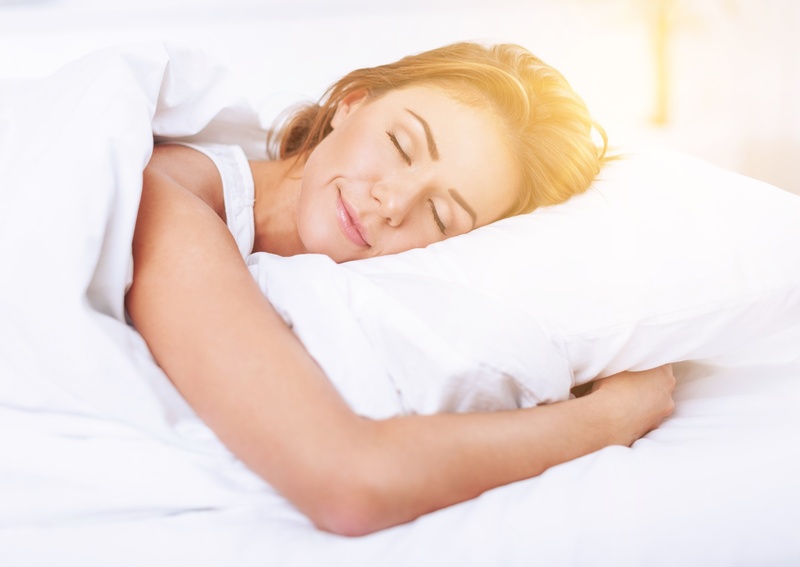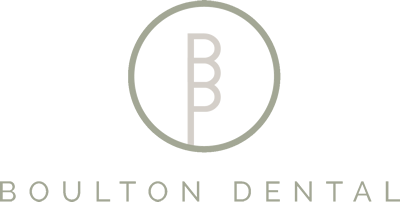
05 Oct 10 Tips for a better night’s sleep
Sleep Awareness Week (1 October – 7 October 2018)
Tips for a better nights sleep
1 October – 7 October marks “Sleep Awareness Week”. For many Australians, getting a regular good night sleep is just a dream. For a growing number of couples, snoring and sleep apnoea have unfortunately become part of their routine nocturnal activity and is contributing to a serious lack of quality shut eye across the country and the world.
Obstructive Sleep Apnoea (OSA) involves repeated episodes of airway obstruction during sleep, due to relaxation of the tongue and airway-muscles. OSA is commonly associated with snoring.
OSA is more common in males than females and becomes more prevalent with age. Research studies show that mortality rate (death rate) increases according to the severity of sleep apnoea – even mild OSA results in a 2.5 increase in mortality rate. Treating OSA correctly eliminates this risk. OSA is a known cause of sudden death at night time.
In a world where the pace is forever quickening, the quantity and quality of our sleep is vital to our general health and wellbeing and our ability to stay alert, safe, and productive at work.
See below for 10 tips for a better nights sleep:
-
Cut down on caffeine
There can be a great deal of pleasure and positivity surrounding the drinking of caffeine. However, there is also evidence to suggest that it’s time to turn the spotlight on caffeine and examine it more closely. Caffeine promotes alertness by inhibiting chemicals in the brain that promote sleep. This Sleep Awareness Weeks focus is on reducing the amount of caffeine consumed for a better night’s sleep.
-
Get enough shut eye
Aim for seven to nine hours of sleep, on average, adults benefit from seven to eight hours sleep each night.
-
Have a regular pattern
Keeping a regular sleep pattern can help with the quality of sleep. Try to go to bed and wake up at about the same time each day.
-
Take technology out of the bedroom
The blue component of light suppresses melatonin which is the hormone which is needed to regulate and instigate sleep.
-
Minimise stimulation
Avoid too much stimulation from about 8pm and onwards when the melatonin is meant to be naturally rising. Relax for at least an hour before going to bed. Try having a nice bubble bath, reading, talking with partner, listening to quiet music, doing yoga, meditation and stretching are all great ways to relax.
-
Not too hot, not too cold, just right
Ensure your bedroom has a comfortable temperature, and that you are going to sleep on a good mattress using a good quality pillow and you are feeling safe in your environment.
-
Reduce H20 before bedtime
Limit the amount of fluids you devour before bed, everyone’s bladder capacity is different, but as a helpful tip, avoid drinking a large amount of fluids close to bed time, no matter what age.
-
Exercise regularly
Regular physical activity can promote better sleep. Avoid being active too close to bedtime, however. Spending time outside every day can be helpful, too.
-
Don’t eat just before going to bed
Try to avoid a large amount of food for up to three hours before going to bed. Eating can wake you up as your stomach works on digesting a meal.
-
Seek help for snoring and sleep apnoea
If you or your partner are snoring regularly this is likely to be having an impact on the quality of sleep for both of you. It is advised that you seek assistance. The team of highly experienced and caring Newcastle dentists at Boulton Dental can support you and your partner with sleep concerns including snoring and sleep apnoea and offer a variety of options to suit your needs.
Untreated sleep apnoea is associated with a decreased quality of life and other serious medical conditions like obesity, heart disease and diabetes.
You don’t have to suffer any longer, call us on 02 4961 6300 or book online.
Resources:
Sleep Foundation
www.sleephealthfoundation.org.au

Sorry, the comment form is closed at this time.